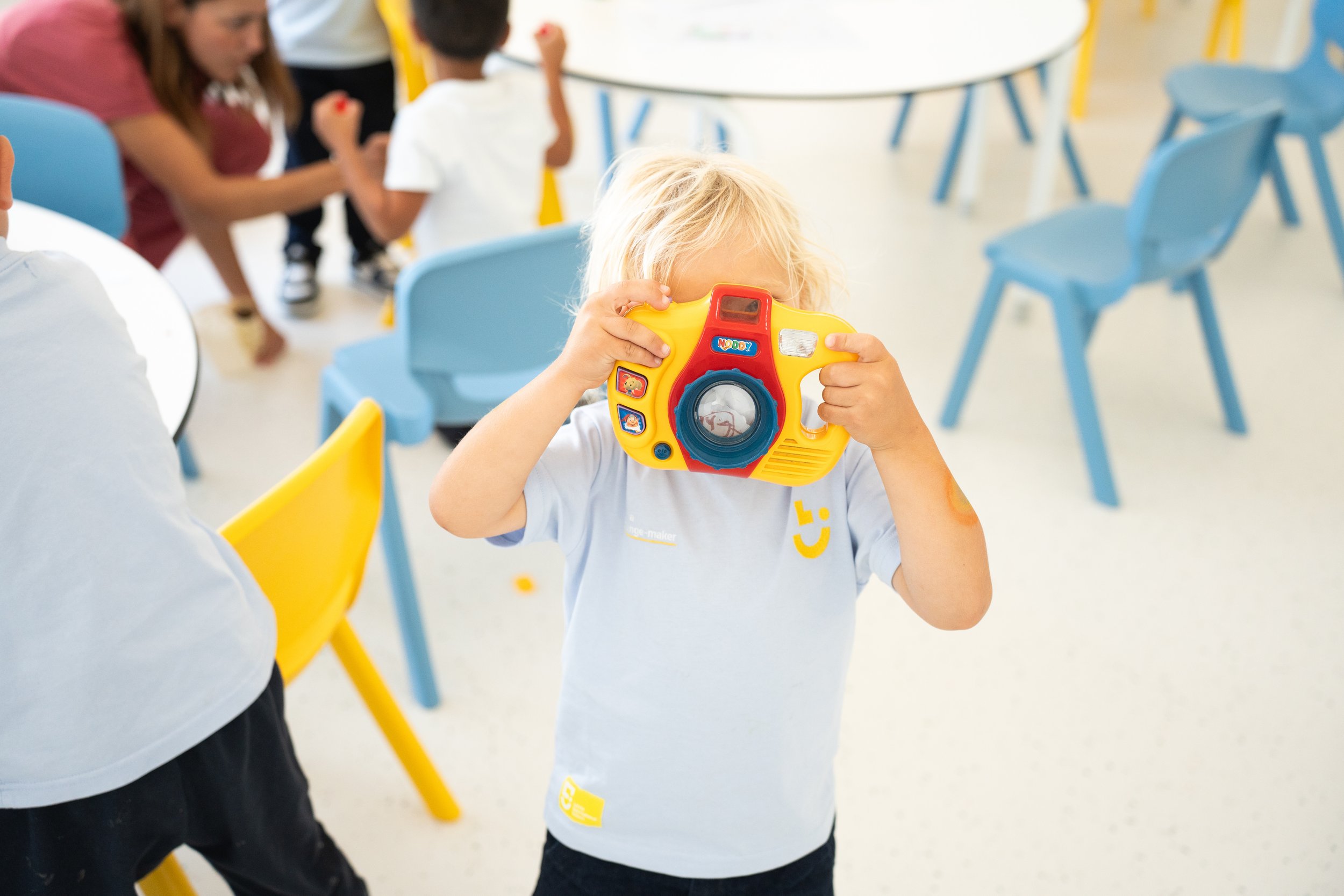
Features of learning at LIS
Mastery of new skills, not memorization
At LIS we know information is not enough for succeeding as an adult. This is why we give students the tools to make their dreams come true: an updated and pragmatic skill set which helps them get results and generate an impact. These skills mean students develop functional, multiple literacies. Not only literature but the ability to communicate. Not only Maths but financial know-how. Not only computers but digital literacy. Not only remembering, but critical thinking. We show them how to set high standards and to expect mastery of themselves. The educational environment is engaging and stimulating, combining modern technologies with project-based learning to support the rigor and excellence of our curriculum. Our model is based on recommendations about the ‘Schools of the Future’ from WEF, the 21st-century skills for life-long learning, which include creativity, collaboration, and critical thinking, alongside OECD’s Definition and Selection of Competencies (DeSeCo) Project and other key frameworks.
A Global Curriculum for a Global Generation: A Cambridge International School
We are a three-tier Cambridge International school – Primary, Lower Secondary, and Upper Secondary – that places the student at the center of the learning process. We want our young people to develop agency, curiosity, and the ability to think independently. Cambridge International teaching and learning is focused on supporting students to gain big conceptual understandings about their world while gaining the relevant knowledge and skills to support these understandings.
Holistic Learning: Nurturing the whole Person
Learning at LIS is holistic and long-term, focusing on all the key areas of development in life: physical, emotional, intellectual, and spiritual. We believe in a balanced approach to our learners’ development, where academic aspiration is intrinsically linked to personal, social, and emotional growth. We know that for students to learn effectively, they need to feel safe, included and connected to others. For this reason, we place a great deal of emphasis on our social and emotional education as well as on collaborative community projects. We want our students to feel confident to speak up, express their voice and acquire leadership skills. As a professional community, we are continually reflecting on our approaches to learning and how to serve our students effectively. We want to embrace new ideas and remain current with educational research and innovation.
Responsible and Action-Oriented Learning
We integrate real-world challenges in our learning projects. We foster reflection towards current issues and we offer opportunities to take action. The world will be bettered by our common effort, so our learning activities include opportunities to collaborate and contribute.
A Center in Your Local Culture: Mother tongue program
One of the ways to foster international education is by nurturing and stimulating high-level mother tongue proficiency. At LIS we believe it is essential to maintain and encourage the development of our students’ mother tongue, since it supports further language acquisition, helps students develop personal identity and addresses many social, emotional and academic needs. The mother tongue program at LIS gives students the opportunity to have more learning experiences, to develop academic language, to add to their knowledge, to grow and share ideas, and to establish strong relationships. The mother tongue courses may take place during the regular schedule or after school, depending on various factors, such as English language proficiency levels, number of students, teacher availability etc.
21st-century skills for life-long learning
Our model is based on recommendations about the ‘Schools of the Future’ from WEF, which include creativity, collaboration and critical thinking.






